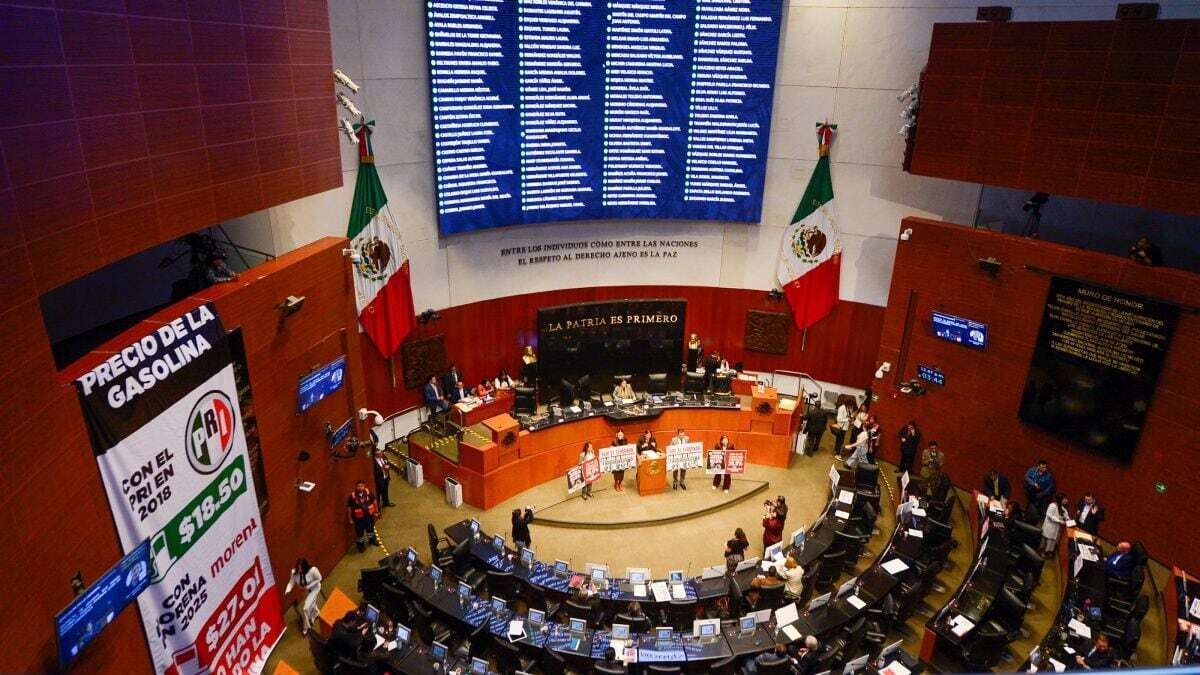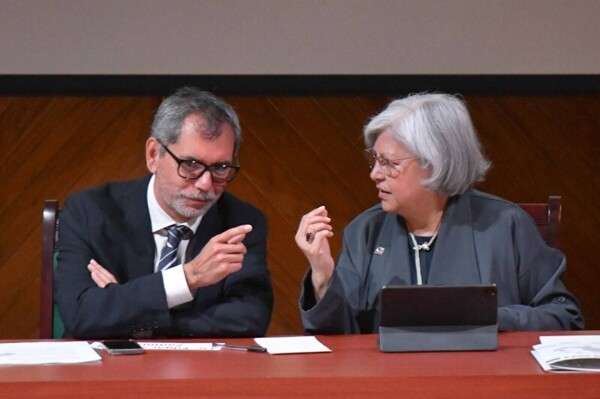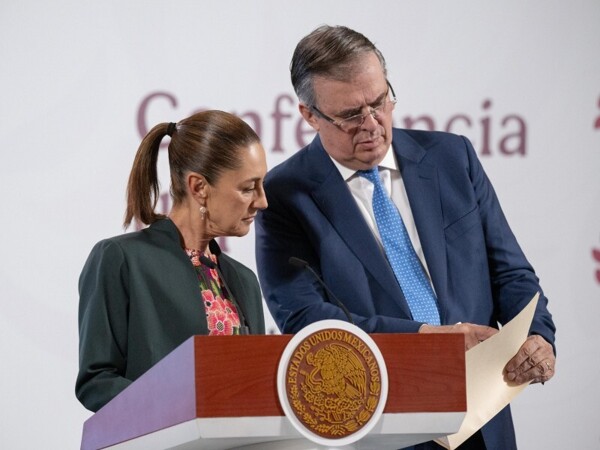
The Senate approved this Wednesday, February 26, the eight secondary laws proposed by the Executive to reverse part of the 2013 energy reform and give preeminence to Pemex (Petróleos Mexicanos) and the Federal Electricity Commission (CFE).
With 84 votes in favor and 39 against, the senators generally endorsed the secondary laws, while the opposition complained that under Morena gasoline is more expensive and that these laws are merely "the second floor of Peña Nieto's reform."
Among the approved laws are those concerning public companies such as the Federal Electricity Commission and Petróleos Mexicanos, the electricity sector; the hydrocarbons sector, energy planning and transition, biofuels, geothermal energy, and the National Energy Commission.
Miguel Ángel Yunes Márquez defended the legislations highlighting that the participation of private entities is maintained with a "structured design, fair rules, and always prioritizing national interest." In contrast, the Morena bench displayed banners with the message: "Today marks the end of 30 years of neoliberalism," referring to previous presidents.
The PRI members showcased a banner emphasizing that former President Enrique Peña Nieto ended his term with gasoline at 18.50 per liter, while Andrés Manuel López Obrador left it at 27.071. Senator Laura Itzel Castillo requested a correction from Carolina Viggiano, vice-coordinator of the PRI, stating that gasoline was at 18.50 under Calderón, 26.10 under Peña, and 24.15 under López Obrador. However, today the price is around 28 pesos.
In response, Manuel Añorve of the PRI mentioned the still-allowed private participation and criticized Morena for having to approve the same market opening they criticized in the previous energy reform. Clemente Castañeda, coordinator of Movimiento Ciudadano, also opposed the laws due to the increase in fuels, arguing that Mexican families pay more for electricity and gasoline in real terms.














